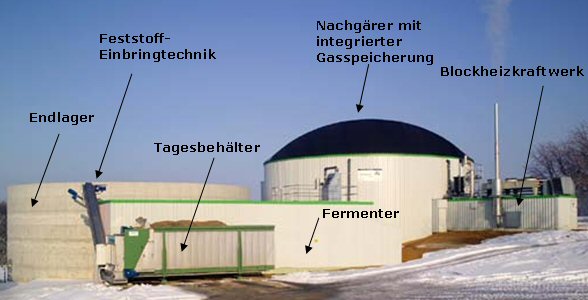

The Erneuerbare Energien Gesetz (EEG), the German act on renewable energies, offers new possibilities for the efficient use of modern combined heat and power plants. The latest amendment of the EEG from the 1st January 2012 obliges the use of excess heat produced by these facilities.
Industrial sites, administrative buildings and public faculties like swimming pools, schools or hospitals use co-generation power plants. Besides, small and large companies in the woodworking industry rank high among the customers.
A co-generation plant works on the 'combined heat and power' principle. A combustion engine fuels a generator that produces electricity. Up to 90% of the heat emerging from the motor and the generator can be used for heating. Multiple materials can be used as fuel: wood chips, bio gas, petroleum gas, liquid natural gas, vegetable oil, fuel oil or biodiesel.
The German authorities promote the use of highly optimized co-generation plants. The EEG-directives expect the use of different kinds of biogas, vegetable oil, or untreated wood (e.g. wood pellets) as fuel. The use in accordance with the EEG-directives is supported with subsidies.
Co-generation plants are an efficient and cost-effective source of electrical power for industrial consumers and private house owners. Usable heat is a byproduct of the power production process.

